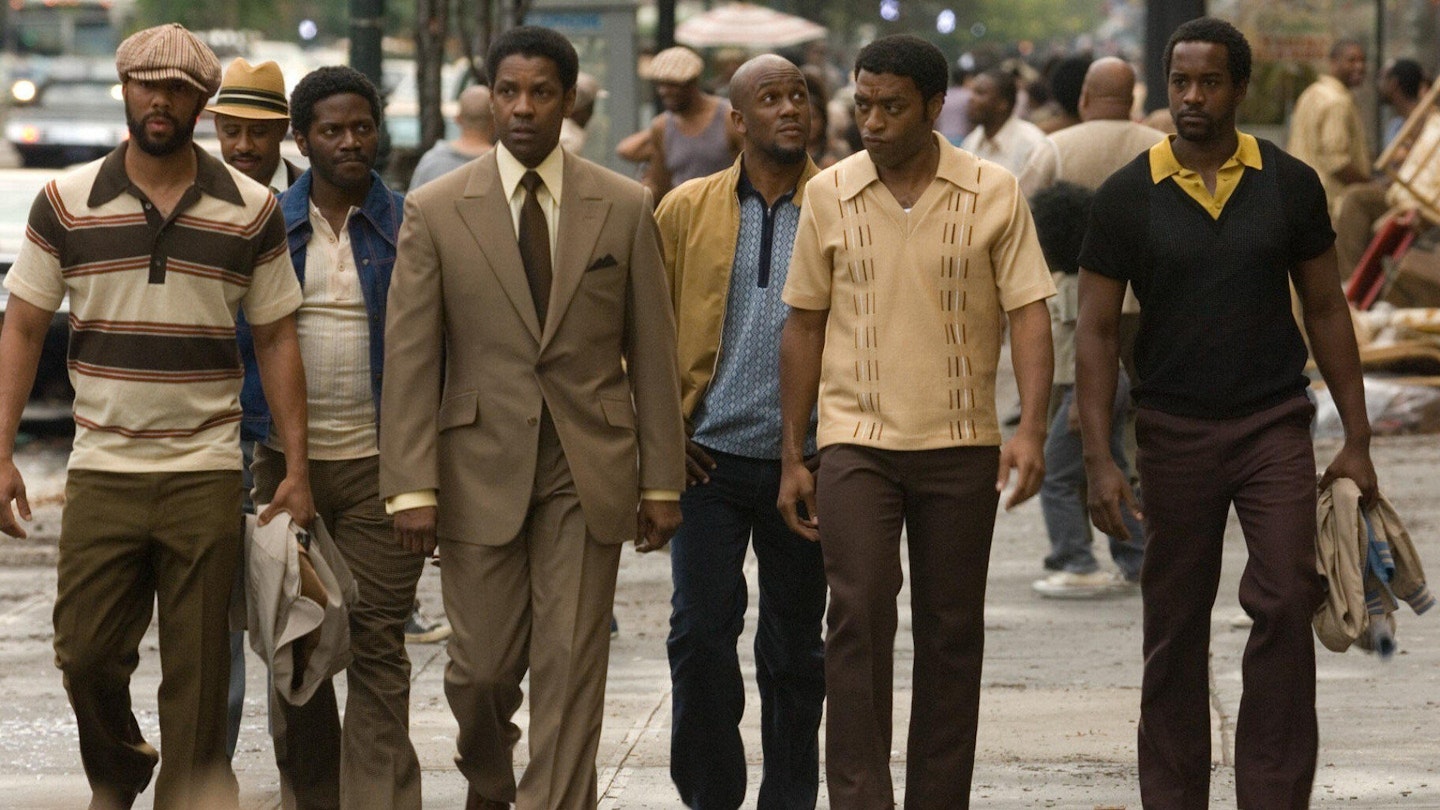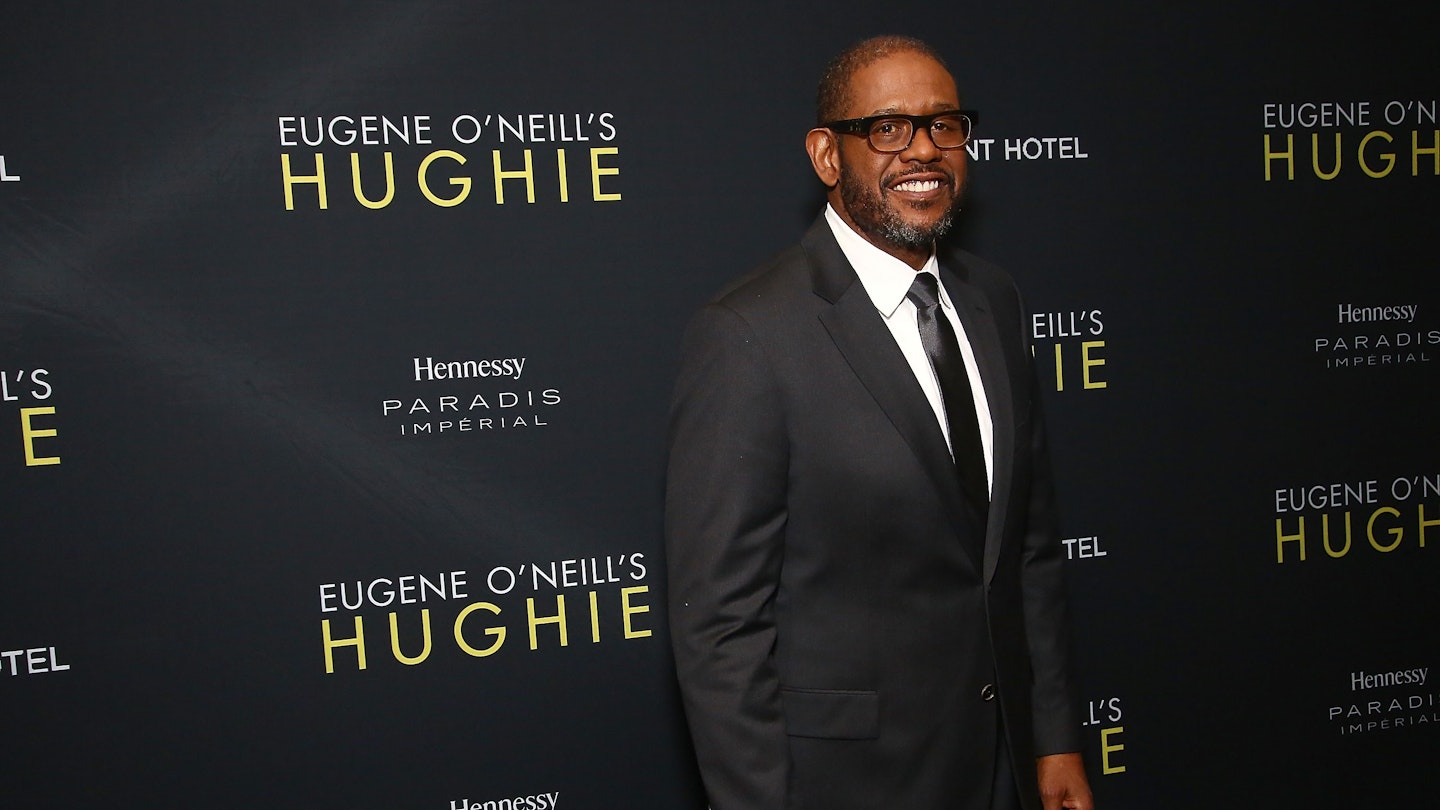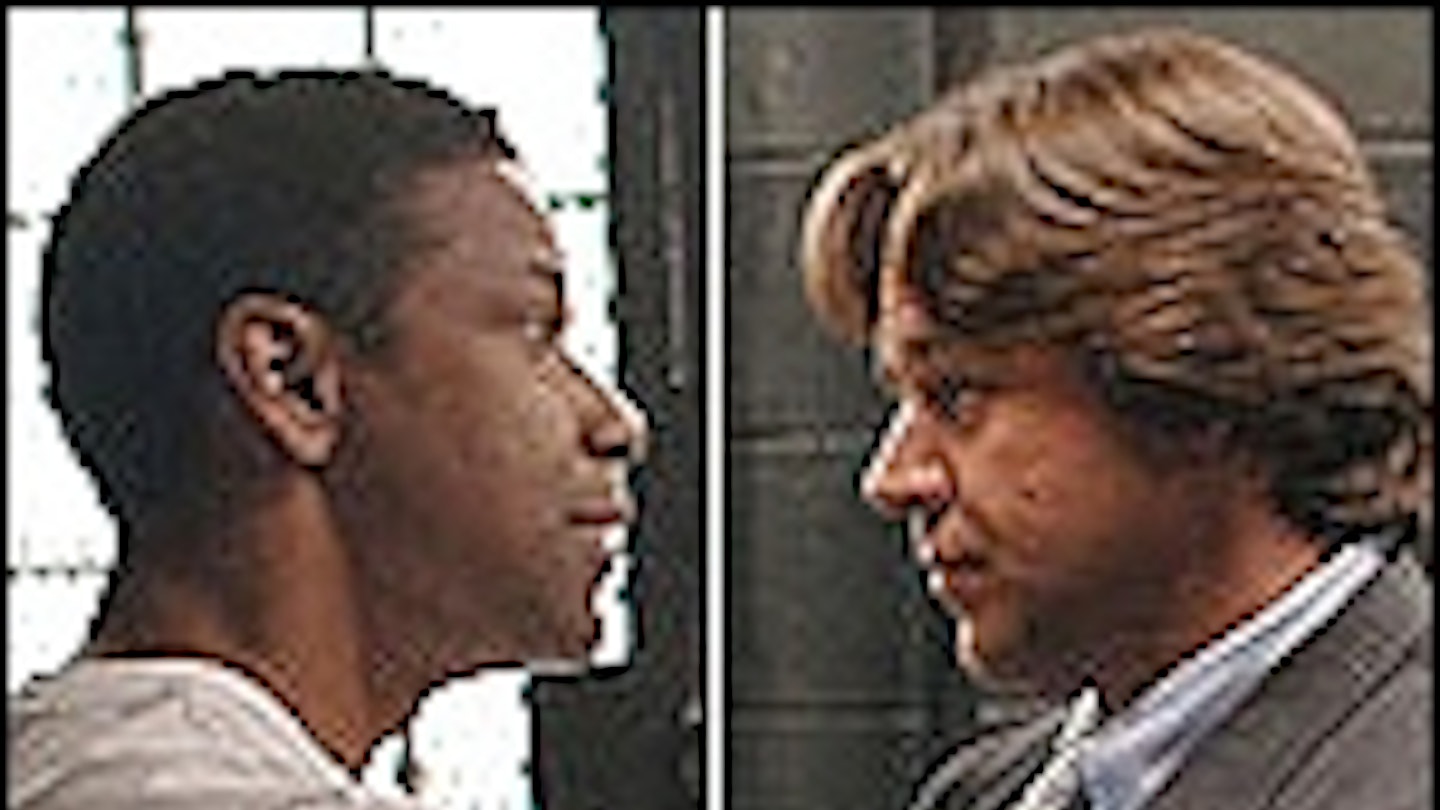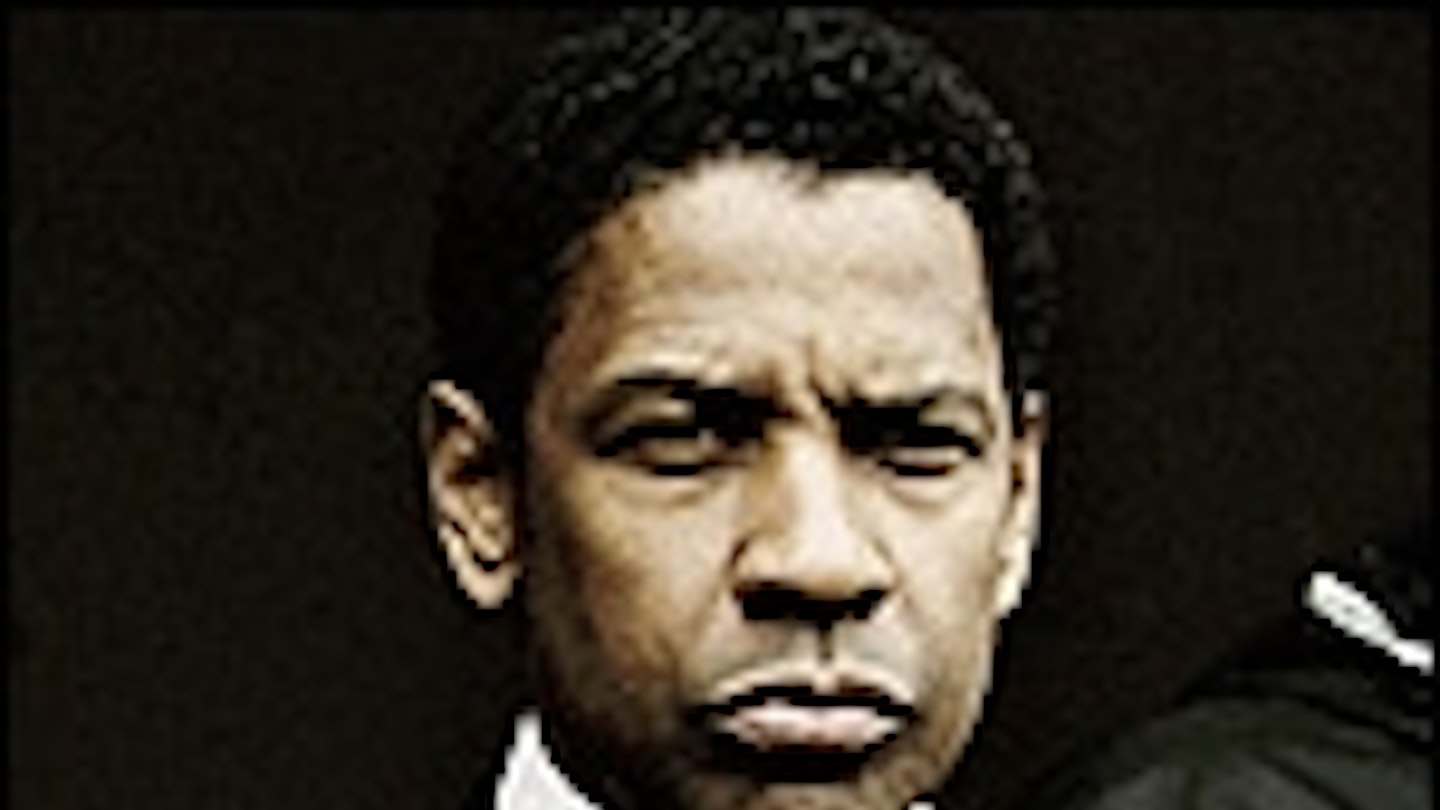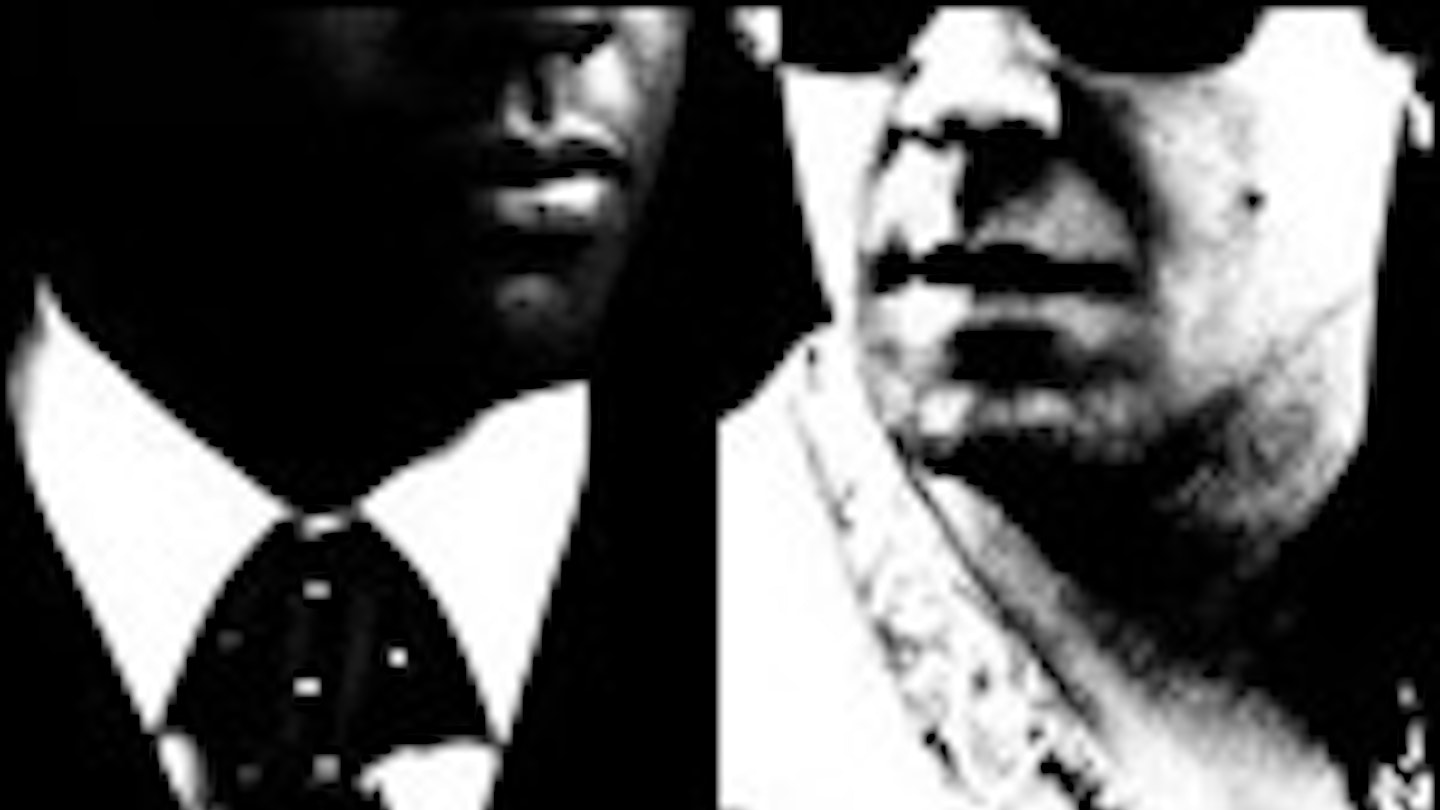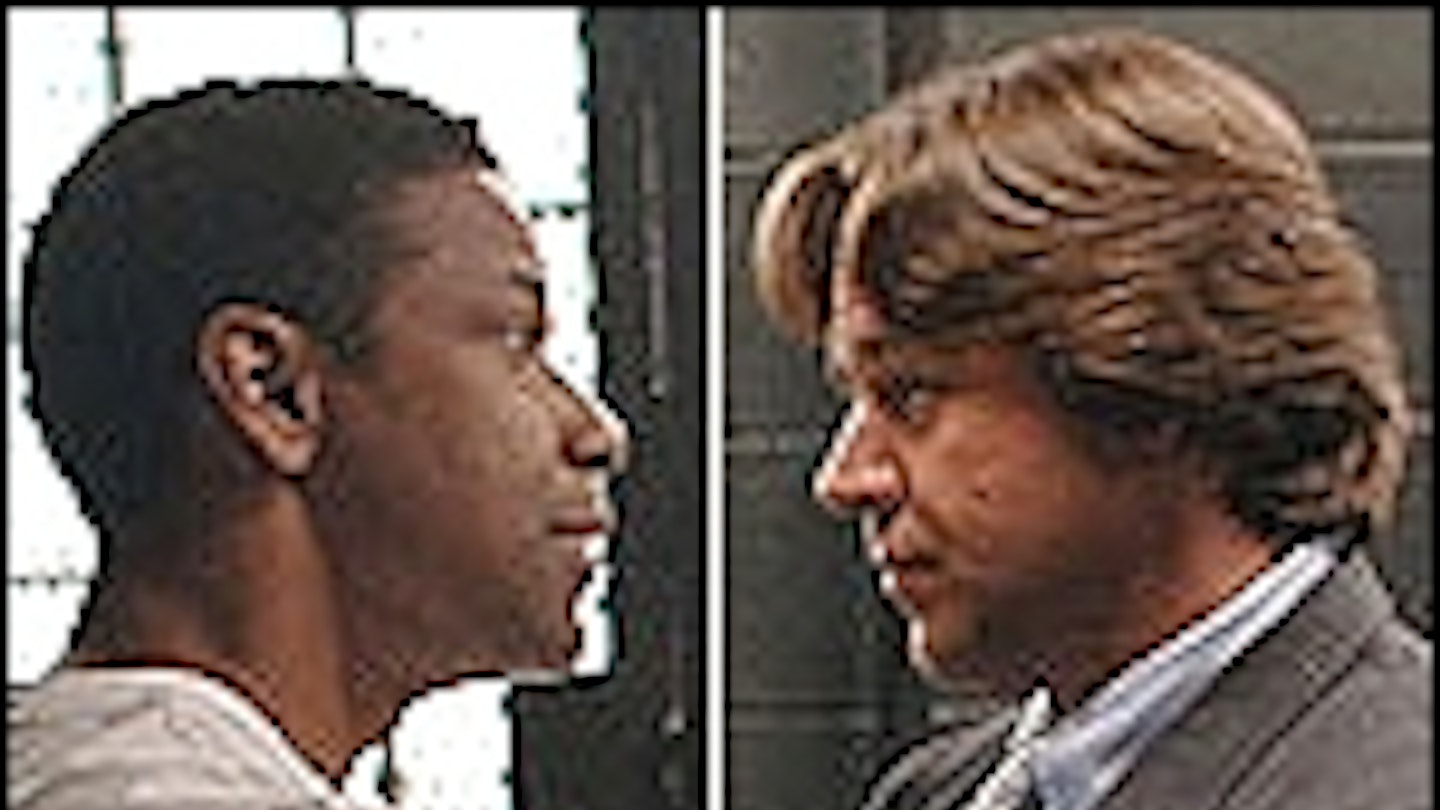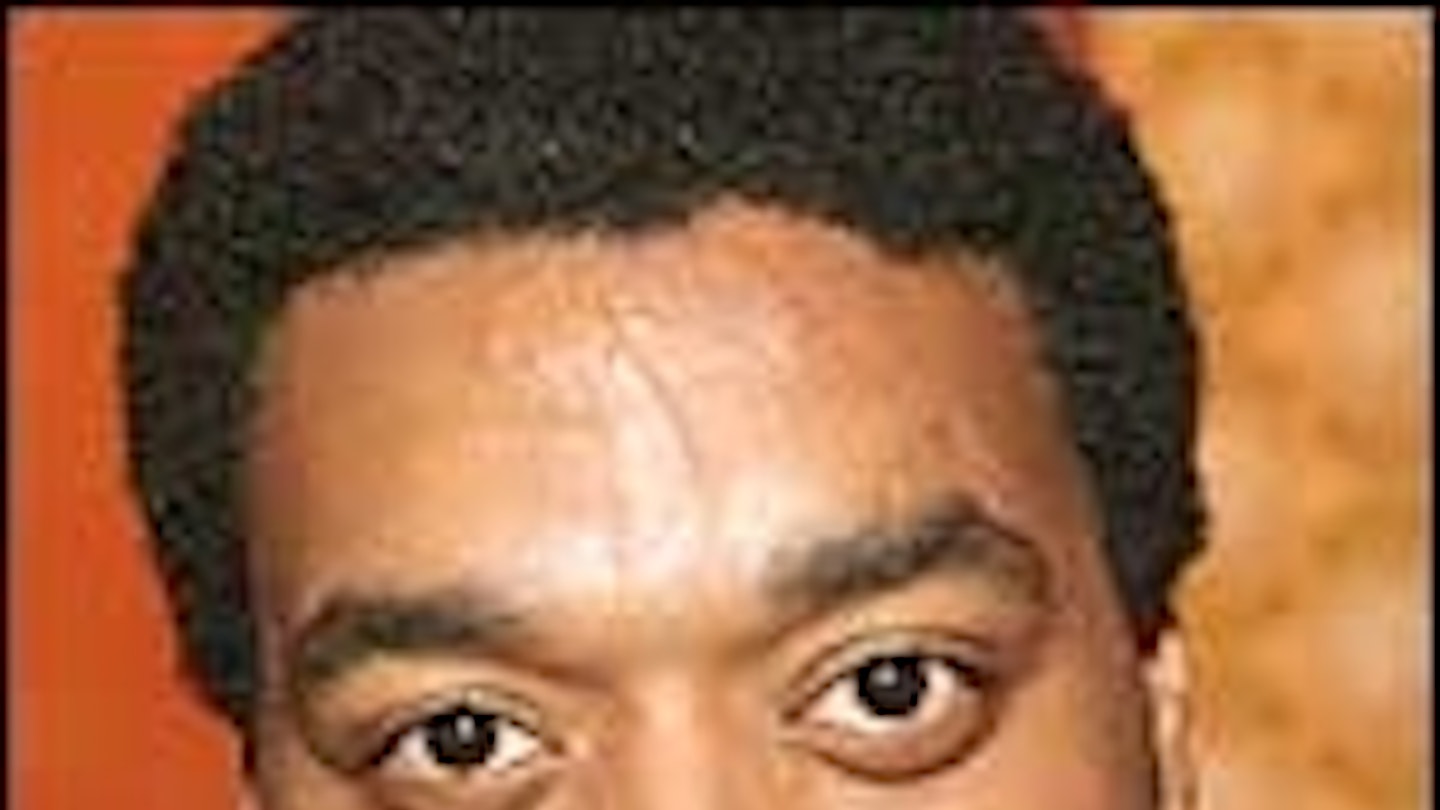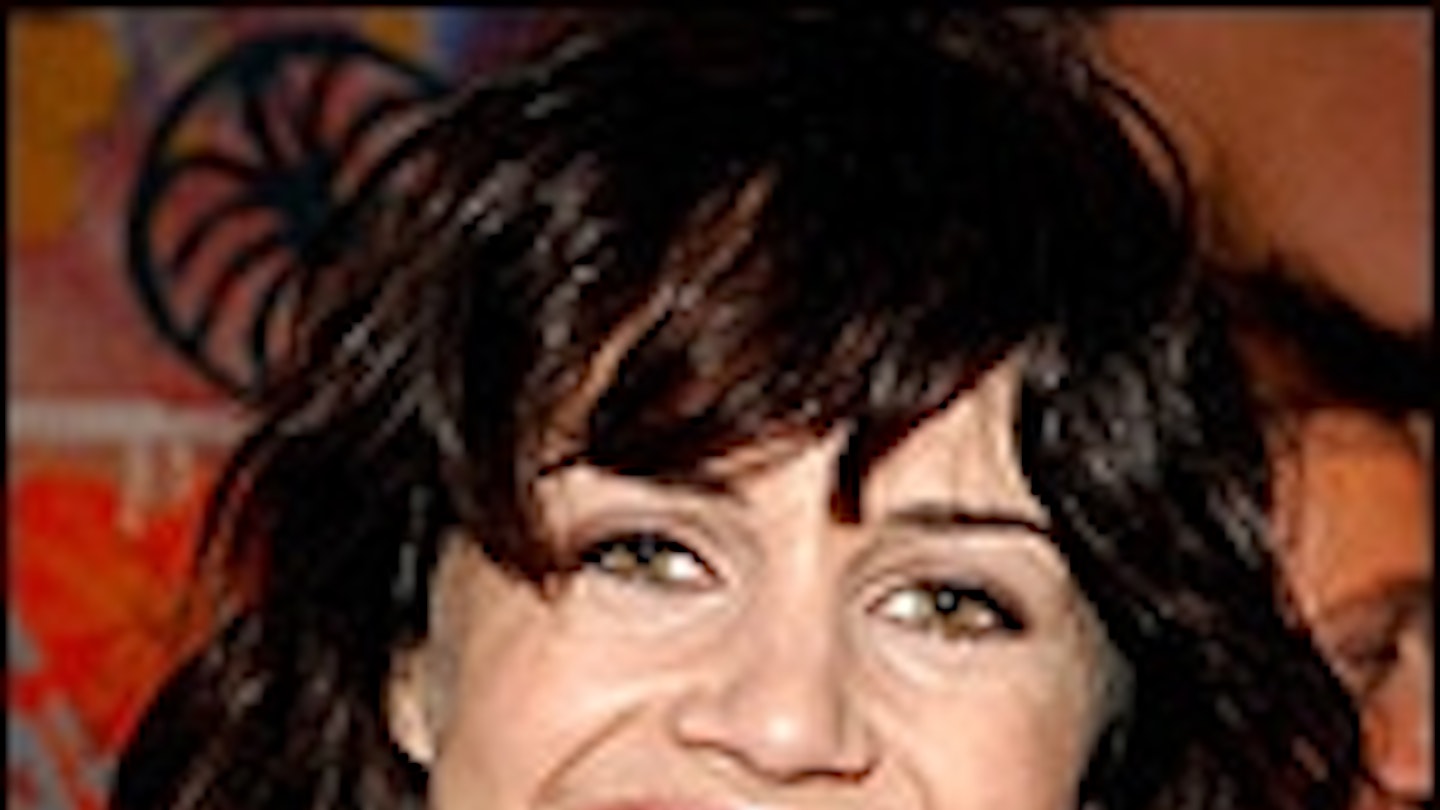It is interesting (and not coincidental) that Ridley Scott’s latest, American Gangster, is opening in the same month that his third feature, Blade Runner, gets a reissue. There are cosmetic similarities. Both take place in distinctive milieus (Los Angeles 2019; Harlem 1971) dominated by bad fashions. Both involve
a subdued cop on the hunt for a more charismatic villain. But marking the differences in such close proximity is instructive about how Scott’s career has developed. The Scott of The Duellists, Alien and Blade Runner wallowed in atmosphere, mood and backlight (debatably at the expense of story and character), whereas the Scott of American Gangster puts plot ahead of pictorialism, dwells on relationships not cityscapes and gets on with things in almost documentary style. In theory, it should make him a better filmmaker but, while you would never begrudge Scott’s desire to grow or try new things, you can’t help but wish that Gangster would indulge his prodigious visual talents a little more often.
Scott’s first foray into epic crime territory, after the small-scale con of Matchstick Men, is undeniably enjoyable, yet it never really gets to grips with the full potential of the story. The twin yarns of gangster Lucas and cop Roberts are a template for crime thrillers of the past 30 years, but while it boasts performances by two modern greats, it never adds up to a completely satisfying whole.
Part of the problem here is that, from such rich source material, American Gangster doesn’t tell a story. From the get-go, Zaillian’s screenplay gets stuck in a repetitive rut, and very little, be it narrative threads, character arcs or thematic depth, actually develops. Roberts doesn’t do much detecting to get to Lucas; the latter just reveals himself as a kingpin via a fashion faux pas at a boxing match. Scott and Zaillian want to suggest a symmetry between Lucas and Roberts - that both men are outsiders in their own worlds, driven by specific codes of ethics - but struggle to make the comparison compelling. Scott also shortchanges on the true story’s astonishing coda, which would seem ripe for the Hollywood treatment. And worst of all, he can’t actually pin down what the film is about.
Aside from a few new licks - Roberts’ nifty use of a dead perp
to exit an incendiary crime scene; images of scantily clad chicks bagging up drugs, near nude so they can’t stash the dope; Lucas’ ingenious method of transporting the drugs into the US - very little in the movie feels fresh, re-treading scenes, riffs and imagery from the whole history of crime flicks. There’s the minutiae of police drug squad procedure (The French Connection), a police force besieged by cops on the take (the films of Sidney Lumet, especially Serpico) and the gangster as kind family man (The Godfather - Chiwetel Ejiofor as Lucas’ dim brother comes across as a blinged-up Fredo). Even the music sounds second hand (who can hear Across 110th Street and not recall Jackie Brown?), Scott not quite having the affection for tunes of the era to turn up something different.
To his credit, Scott doesn’t OD on the ’70s-ness of Gangster; a throwaway allusion to the new-fangled microwave is about it. Yet all this familiarity doesn’t breed complete contempt. American Gangster’s string of crime movie staples - drive-bys; Mafia meetings (all hail Armand Assante!); cops pinning up pictures of suspects on boards and drinking coffee; wire-wearing snitches - is served up with enough verve to engage. But the film’s strengths unquestionably lie in the double-header of Washington and Crowe. After playing a gladiator, sailor, maths genius and boxer (we’ll skip over A Good Year), it’s good to see Crowe playing something approaching a regular Joe - slightly overweight and struggling to keep his principles when treated as a pariah. That Roberts is the only straight cop in a force full of corruption is a nice role-reversal, and Crowe gives Roberts a gravitas and believability he in all probability didn’t have on the page.
Despite Crowe’s sterling efforts, though, this is Washington’s show. Channelling some of the intensity and aggression he brought to Training Day but tempering it with touches of charm and class, Washington effortlessly stumps up menace, smarts and attitude. In one breathless moment he leaves his brothers in a diner, walks across the street, shoots a rival in the face, and calmly returns to his food. American Gangster is very good at this - little violences, sporadic shootings and ferocious fistfights that end as quickly as they erupt - and Washington delivers it with maximum impact. But you also swallow him as a devoted husband, concerned uncle (his nephew wants to follow his lead into crime) and urbane businessman. There is a fascinating scene in which Lucas berates a rival mobster (Cuba Gooding Jr.) for selling inferior narcotics under the same Blue Magic banner as Lucas’ own heroin: it is surely a sign of the times when a gangster flick features a discussion on the merits of branding.
For a film fuelled by so much testosterone, some of the best moments involve the men being dressed down by women. Lucas’ run in with his proud mother (Ruby Dee) is one of the very few times anyone actually stands up to him. Equally good is Roberts’ courtroom tussle with his ex-wife (Carla Gugino) over custody of their kid, who floors the cop with a terrific character dissection. In some ways, these scenes register stronger than The Obligatory Washington/Crowe Face Off. In a Pacino-De Niro-Heat stylee, the pair have only one scene together - look out for the ways both actors use a coffee cup to subtly delineate who has the upper hand in the conversation - but it doesn’t have the oomph or mythic resonances that the moment requires.
Approaching the edginess that marked Black Hawk Down, Scott splits his style in two; a spare, sparse look for Roberts, mostly grey-grim tones and handheld urgency, and a more colourful, stately approach for Lucas. It’s an apt decision but disheartening. Scott seems to take his visual sense from TV’s The Wire, and there is something disappointing in that unparalleled visual imagination being dulled down to a small-screen aesthetic. Some imaginations are too big to be contained within HBO house style.
